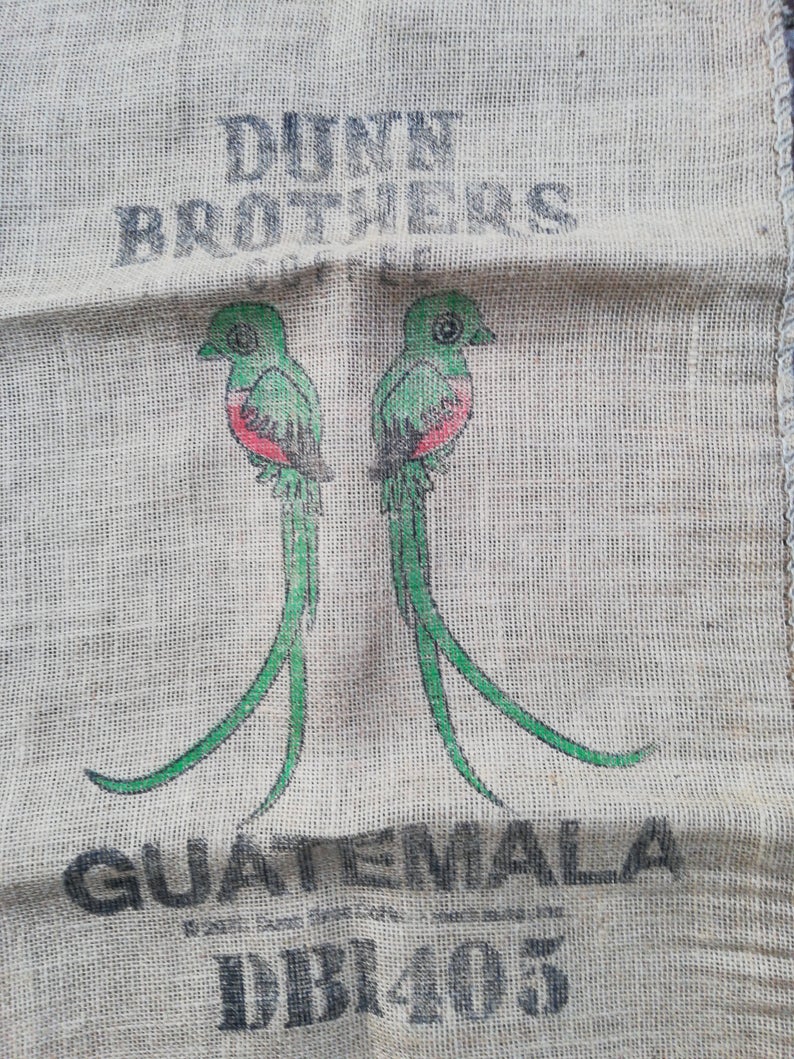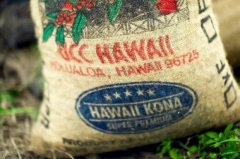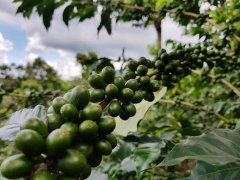History of Origin of Coffee beans in Guatemala, 10th Coffee producer in the World COE bidding Information for Guatemala
Guatemalan Coffee: understanding the Origin of your Coffee
Although Guatemala is a relatively small country, it is extremely diversified in all respects. It has one of the most diverse climates in the world, with 21 Mayan dialects and growing coffee with a variety of flavor characteristics. Although this Central American country has experienced a difficult history of political instability and economic destruction from foreign governments, it still has a lot to be proud of. Its Guatemalan coffee is certainly one of them.

The History of Guatemalan Coffee
Coffee saplings arrived in Guatemala in the late 1700s, but because of poor economic conditions, locals were unable to invest quickly in crops and grew slowly at first. By the 1860s, coffee was of great economic significance to the country, mainly because indigo, once the most profitable crop, had lost its popularity with artificial dyes.
Industrial growth continued to rise as dictator Justo Rufino Barrios seized public land around 1870 and reserved it for coffee cultivation. By 1900, Guatemala exported more than 300 million pounds of coffee a year, accounting for 80% of the country's exports.
History of Modern Guatemala Coffee
The Great Depression of the late 1920s and 1930s also affected Guatemala, leading to another dictatorship. Tired of dictators, Guatemala democratically elected their first president in 1940, but he won't last long. In order to protect the economic interests of the United States, President Jacob Albans was overthrown in a coup by the Central Intelligence Agency in 1954 and replaced by. Another dictator. As a result of this intervention, Guatemala experienced a series of civil wars between the 1960s and 1990s.
You may wonder what all this political history has to do with coffee. Trust us, this is very important. All this economic and political back and forth has led to a roller coaster of growth and contraction in the coffee industry. Many coffee farmers were killed in fighting and attacks, infrastructure shut down and the economy could not grow.
The tragedy of the political and economic struggle in Guatemala led to the departure of many people from the coffee industry. It even caused many people to leave the country. Fortunately, however, 20 years of peace has given locals a chance to get back on their feet and prosper again.
Today, Guatemala is the 10th largest coffee producer in the world, second only to Colombia in terms of the proportion of specialty coffee beans produced there. Although farmers still face economic difficulties left over from decades of hardship, local industries are continuing to grow and demand.
Enclose relevant information about this year's COE Guatemala bid beans.

Important Notice :
前街咖啡 FrontStreet Coffee has moved to new addredd:
FrontStreet Coffee Address: 315,Donghua East Road,GuangZhou
Tel:020 38364473
- Prev

How does the state of raw coffee beans with unique spices in Hawaiian Kona coffee beans affect the taste?
Kona coffee is very popular all over the world. There is a lot of discussion about Kona coffee, and there is no doubt that taste is an important part of it. You are unlikely to find coffee beans that taste like Kona. Explain the taste of Kona coffee to you in a few words, it will be like this. Imagine a mixture of brown sugar, milk chocolate, a touch of honey and a touch of fruit
- Next

El Salvador Coffee turbulent History Story Fair Trade affects El Salvador Black Honey to deal with Coffee Wind
The turbulent history of coffee has left a deep impression on the history, politics and development of El Salvador. No other country in the region is so dependent on coffee, and the fate of the country has risen and fallen sharply with the boom and bust cycle brought about by what Salvadorans call el grano de oro. Coffee, however, they treat those whose wealth rises and suffers in times of prosperity.
Related
- Detailed explanation of Jadeite planting Land in Panamanian Jadeite Manor introduction to the grading system of Jadeite competitive bidding, Red bid, Green bid and Rose Summer
- Story of Coffee planting in Brenka region of Costa Rica Stonehenge Manor anaerobic heavy honey treatment of flavor mouth
- What's on the barrel of Blue Mountain Coffee beans?
- Can American coffee also pull flowers? How to use hot American style to pull out a good-looking pattern?
- Can you make a cold extract with coffee beans? What is the right proportion for cold-extracted coffee formula?
- Indonesian PWN Gold Mandrine Coffee Origin Features Flavor How to Chong? Mandolin coffee is American.
- A brief introduction to the flavor characteristics of Brazilian yellow bourbon coffee beans
- What is the effect of different water quality on the flavor of cold-extracted coffee? What kind of water is best for brewing coffee?
- Why do you think of Rose Summer whenever you mention Panamanian coffee?
- Introduction to the characteristics of authentic blue mountain coffee bean producing areas? What is the CIB Coffee Authority in Jamaica?

